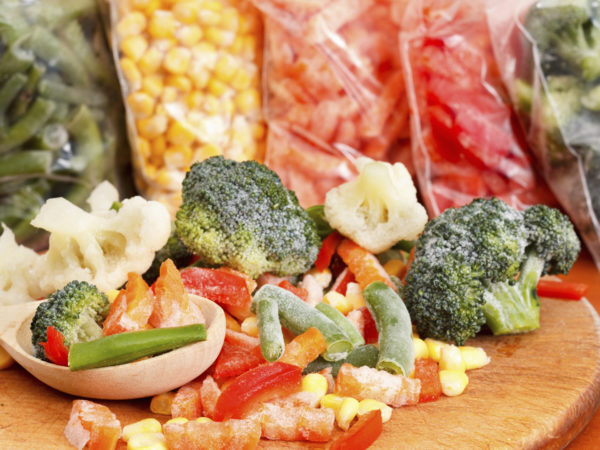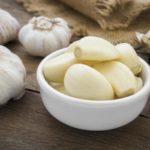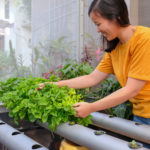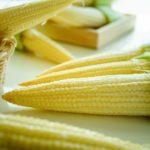Best Way To Preserve Garden Vegetables?
I’m growing vegetables in my garden, and would like your opinion about preservation methods. Specifically, to retain the most nutrients, is it better to can, dry or freeze your fruits and vegetables?
Andrew Weil, M.D. | July 22, 2014

If you’re most concerned about preserving the nutrients in the vegetables from your garden, you’re better off freezing them. The idea is to harvest the vegetables just before they reach their peak of ripeness, and not include any vegetables that are bruised, damaged or overripe.
You’ll have to blanch vegetables before freezing to neutralize enzymes, which otherwise will break down vitamin C and convert sugar into starch. When this happens, your vegetables will be tasteless. You can find lots of advice online about blanching and freezing garden edibles. Choose vegetables that you normally eat cooked, not those that you eat raw such as cucumbers, lettuce, and celery.
Once you’ve blanched vegetables in boiling water or steamed them, stop the cooking by putting them into ice water and then pat them dry. Next, pack them into freezer bags or freezer containers. Make sure you get all the air out of the bags. You can find more detailed instructions on freezing vegetables, including how long to blanch or cook specific ones, at the website of the National Center for Home Food Preservation. The site, maintained by the U.S.D.A.’s cooperative extension service, also has detailed information on other preservation methods.
You can easily dry tomatoes from your garden, as an alterative to freezing them. This preservation method offers the added benefit of concentrating flavor. When choosing vegetables for drying, select only those in top condition. You’ll need a dehydrator for drying or you can use your oven. As with freezing, you have to prepare some vegetables by slicing and blanching them, although I don’t blanch tomatoes or peaches before drying. The trick is to cut pieces the same size so they’ll all dry at the same rate. Be sure you’re ready to dry as soon as you’ve prepared the vegetables – they’ll lose quality and nutrient value if you delay drying, even if you refrigerate them.
The alternative to freezing and drying is canning, but my personal sense is that canned produce just does not look or taste as good. Further, if not done properly, foods can become contaminated with Clostridium botulinum, the bacterium that causes botulism. Since this disease can make you very sick or even kill you, you need to know what you’re doing. Be sure to get instructions on home canning from a reputable source, such as a university extension service, and follow them to the letter.
Andrew Weil, M.D.










